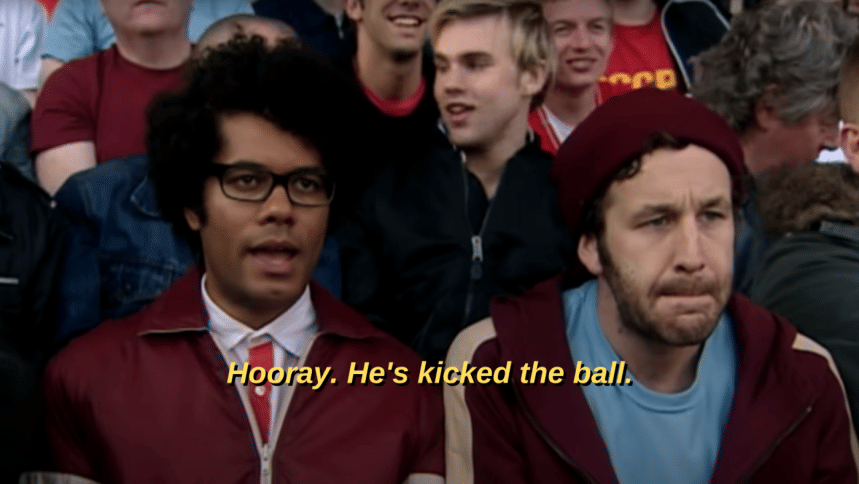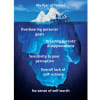Growing up not being a sports fan

I feel like we all have an inherent desire to fit in with everyone else. Growing up, when your interests do not align with the rest of the crowd, you begin to feel more like an outsider. That is especially true when you're like me – a boy who grew up in Bangladesh not liking sports.
Childhood experiences play a crucial role in how we pick our interests. My older brother and cousin would play cricket almost every afternoon, but as I was much younger, they rarely let me participate and often dissuaded me from wanting to play by keeping me engaged with videogames on our PlayStation 2 instead.
Furthermore, I did not know other kids in my neighbourhood with whom I could play with. Instead, I had to make use of that time watching cartoons, drawing or playing video games by myself. These things had me more invested in observing stories and exploring my creativity, rather than athletics and competition.
As I grew older, I did attempt to play sports like cricket and basketball with my friends, but it was mostly out of peer pressure. I was not bad at it, but I certainly did not enjoy them.
In my early teens I tried to get into watching sports, which I also did not enjoy. Due to the situation and environment of my upbringing, I developed a non-competitive and creative mindset. The competitive and repetitive nature of sports made it unappealing to me.
From my childhood till now, people always become surprised when I tell them I don't like any sports. As I am a boy, people always assumed that I liked sports. It is apparently "natural" that boys should like or play sports.
Starting from an early age, girls and boys are raised in such a way that boys are given bats and balls and encouraged to play sports whereas girls are handed dolls. I tried to understand this and asked some of my friends and family why it is the case, and all their answers boil down to certain inherent social norms and customs, and how sports is linked with more "masculine" expectations.
There is also the fact that the sports industry generally is dominated by men. However, all of this is part of a bigger discussion on sexism and gender norms. My own experience is just a small result of that.
Sports is intrinsically a common topic of discussion in social circles, especially in this country. Sometimes people try to be "casual" fans, not being really interested but keeping up with highlights just to stay in the discussion. This is mainly a case of avoiding alienation by trying to stay relevant, despite not being truly interested.
Trying to be casually interested might make people more invested sports fans, but that was not the case for me. For a brief period in my teens, not liking sports really bothered me as I always felt left out from discussions and wanted to be like other boys. However, the more I tried to force myself to like it, the more dissatisfied I felt.
My main takeaway from my experience is that we should learn to embrace our own interests instead of focusing on blending in with the popular crowd. It is not a negative thing to stand out; if you can build up your own interests and express them, then only good things will come out of it.
Sabil spends most of his time making memes and trying to stay as hopeful as possible. You can contact him at [email protected]

 For all latest news, follow The Daily Star's Google News channel.
For all latest news, follow The Daily Star's Google News channel. 








Comments